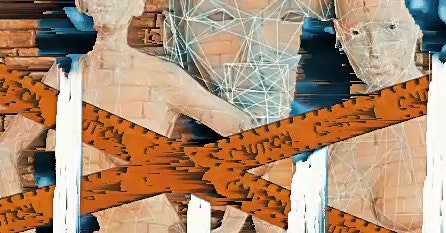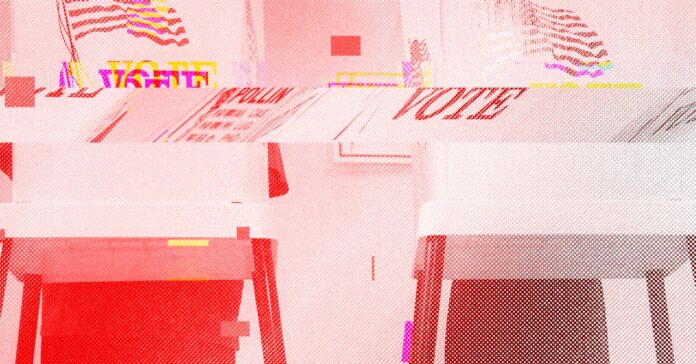In Short:
Deepfake pornography is on the rise, primarily targeting women, with 90% being nonconsensual. Researchers like Kaylee Williams note most lawmakers prioritize political deepfakes over this issue. In Michigan, Rep. Matthew Bierlein initiated legislation against nonconsensual deepfakes after witnessing media coverage, especially related to Taylor Swift. Laws vary by state, leading to inconsistencies in protection and penalties, especially for adults.
In a recent analysis of the growing concern over deepfake pornography, it was reported that approximately 90 percent of deepfake videos are of pornographic nature, with a significant majority representing nonconsensual content primarily targeting women. Despite the alarming prevalence of this issue, Kaylee Williams, a researcher at Columbia University, highlights a troubling trend among legislators who are devoting more attention to political deepfakes rather than addressing the nonconsensual aspects.
Legislative Initiatives in Michigan
Matthew Bierlein, a Republican state representative from Michigan, has taken steps to prioritize legislation related to nonconsensual deepfakes after initially investigating political deepfake regulations. He stated, “Our plan was to make [political deepfakes] a campaign finance violation if you didn’t put disclaimers on them to notify the public.” Collaborating with Democratic representative Penelope Tsernoglou, who has been instrumental in promoting the nonconsensual deepfake bills, Bierlein has aimed to address this urgent issue.
The legislative push gained momentum in January when nonconsensual deepfake images of Taylor Swift went viral, prompting significant media coverage. Bierlein recognized this as an opportunity to take action, emphasizing Michigan’s potential to lead the Midwest in addressing this growing concern. With a full-time legislature and adequately paid staff, Michigan is positioned to initiate critical discussions that may influence neighboring states.
Inconsistencies in Legislation Across States
However, the penalties associated with the creation and distribution of nonconsensual deepfakes, as well as the protections afforded to victims, significantly vary among states. Williams points out, “The US landscape is just wildly inconsistent on this issue,” clarifying that while many proposed laws have been publicized, the actual implementation of such legislation remains limited.
Some states enable both civil and criminal actions against offenders, whereas others might restrict recourse to one of the two. For example, a new law recently enacted in Mississippi focuses exclusively on minors, reflecting a concerning trend wherein middle and high school students have employed generative AI to produce explicit content involving classmates, particularly young girls. In contrast, other jurisdictions are revising existing laws to encompass adult victims of nonconsensual deepfakes, particularly those related to revenge porn.
Moral and Ethical Considerations
There is a general consensus concerning the unacceptability of nonconsensual deepfakes involving minors, which Williams describes as an “inherent moral wrong.” Conversely, the legislation surrounding nonconsensual deepfakes involving adults is more complex and less clearly defined. Many proposed laws necessitate proof of intent, indicating that the individual responsible for producing and sharing the deepfake intended to inflict harm on the victim.





